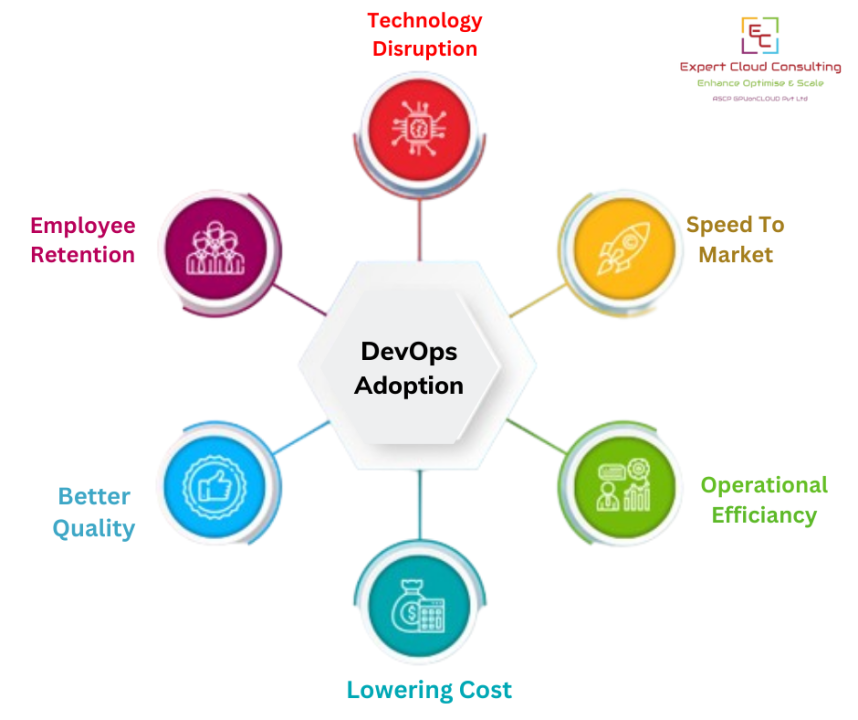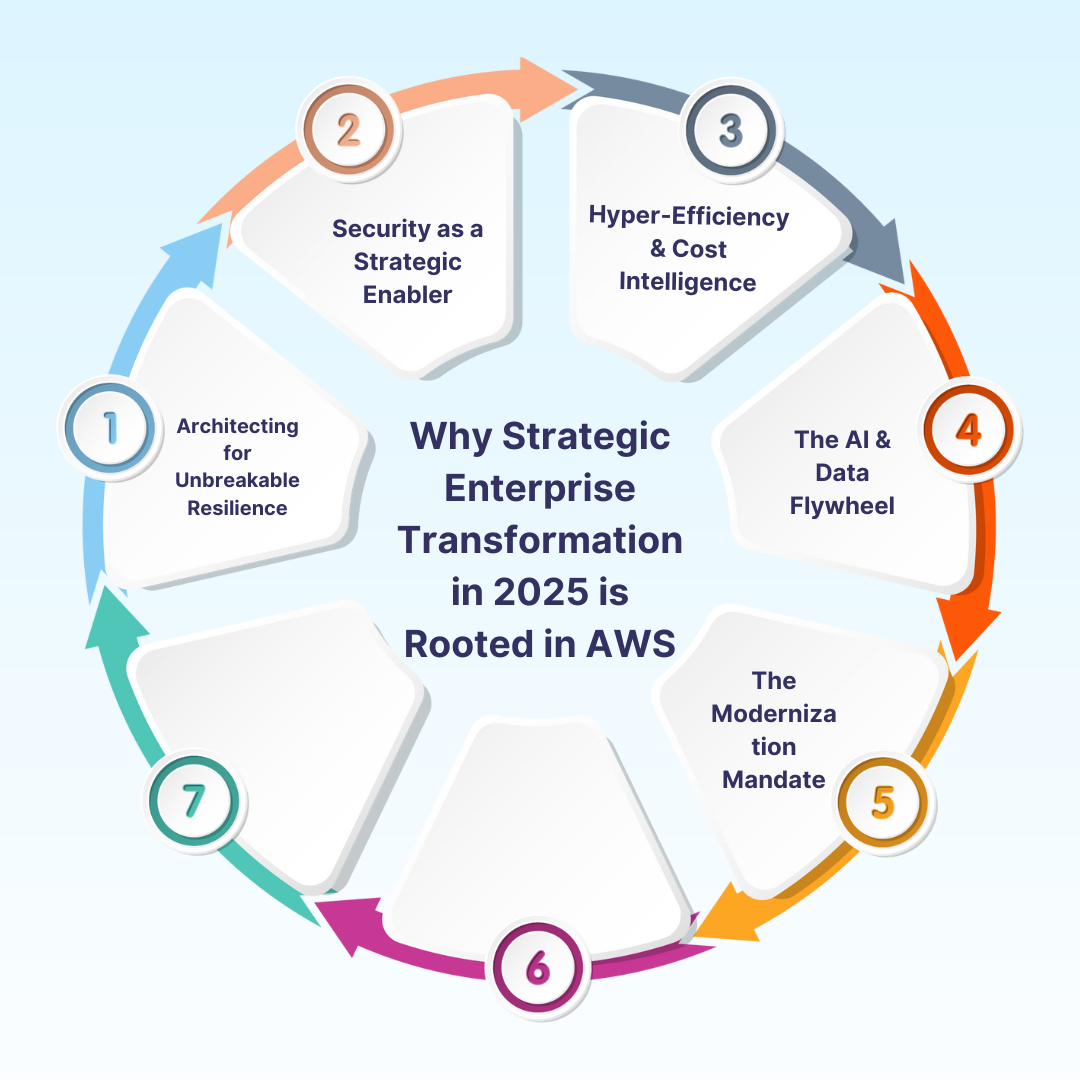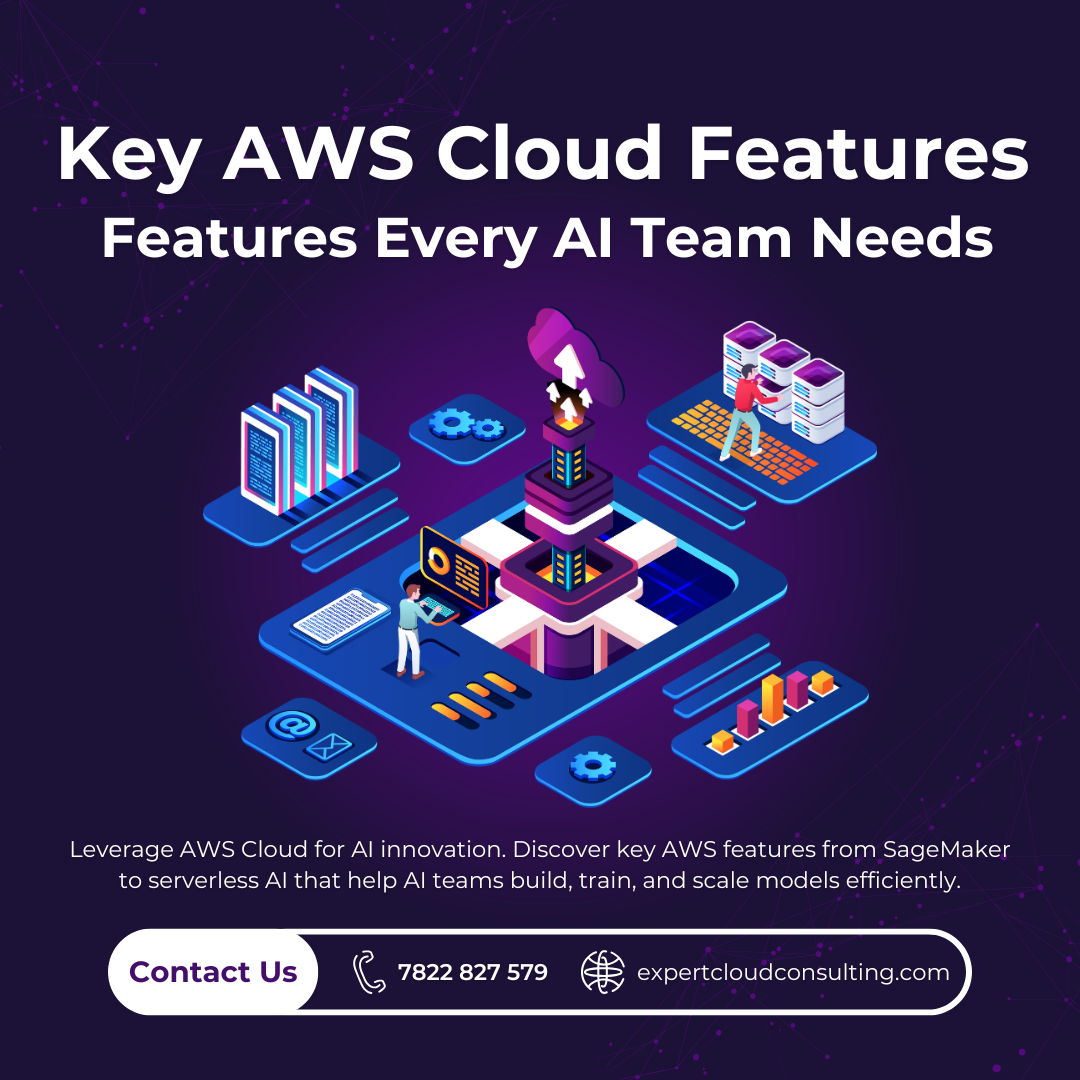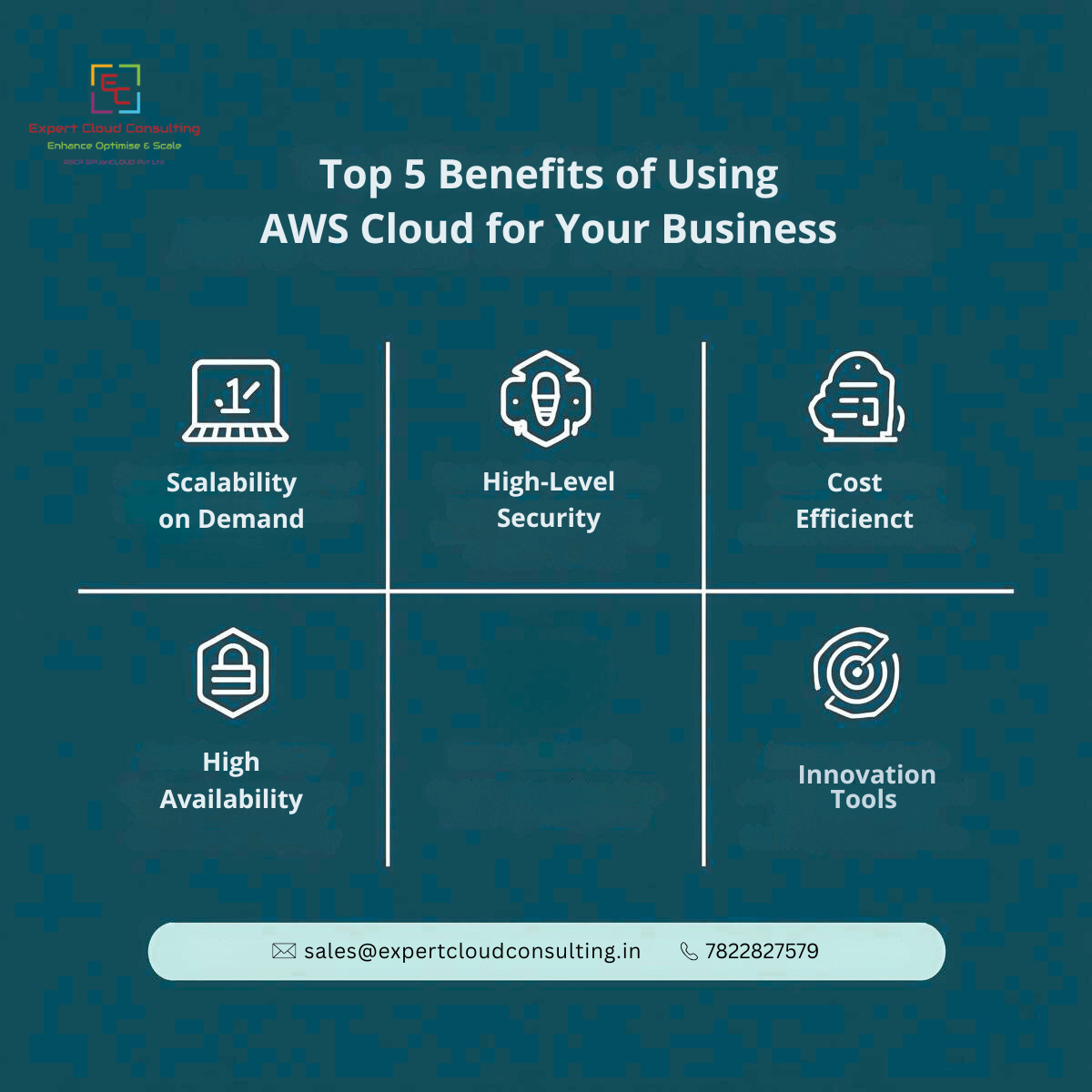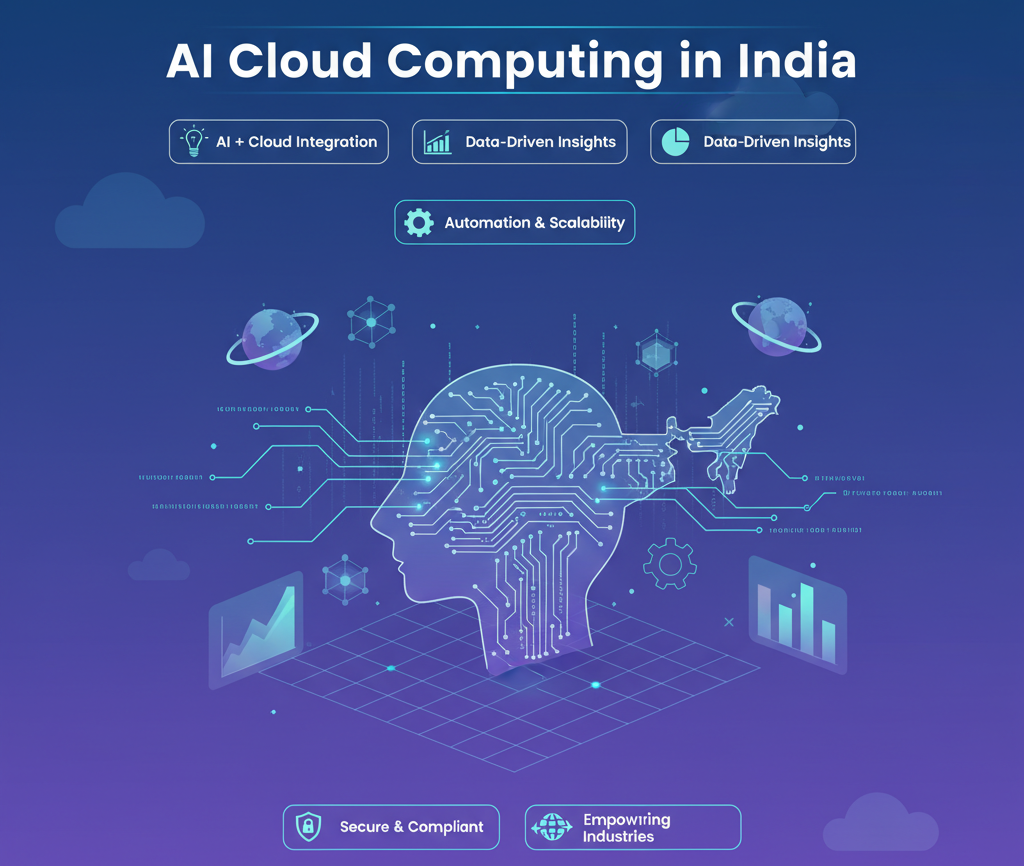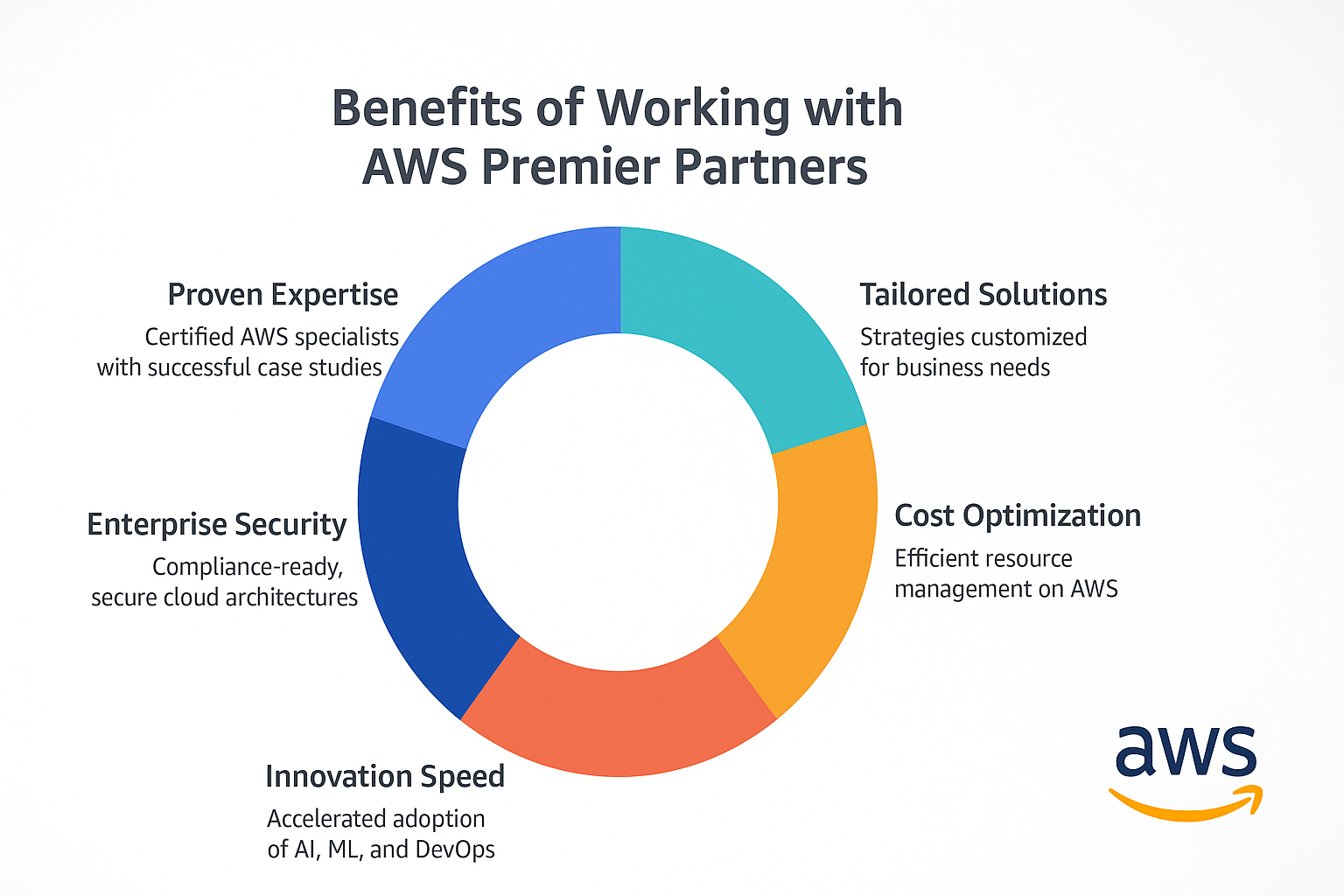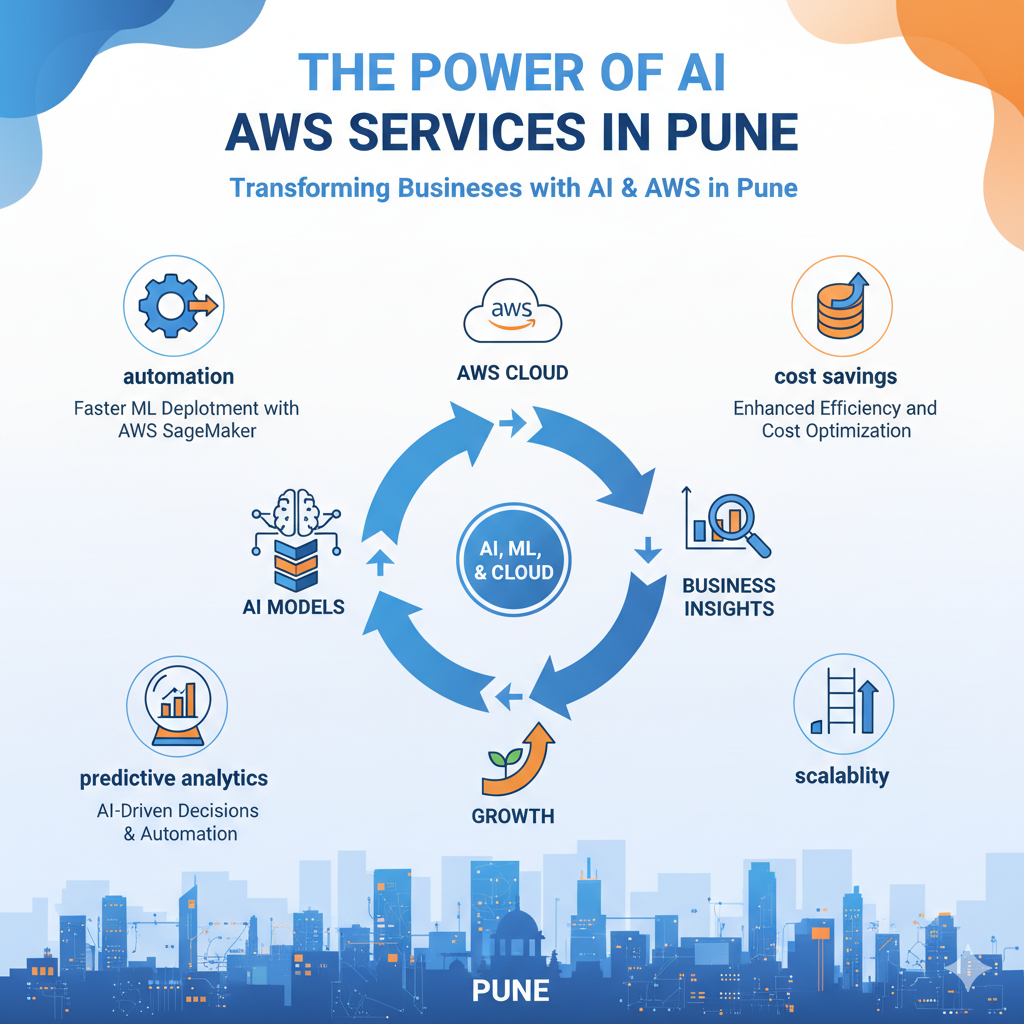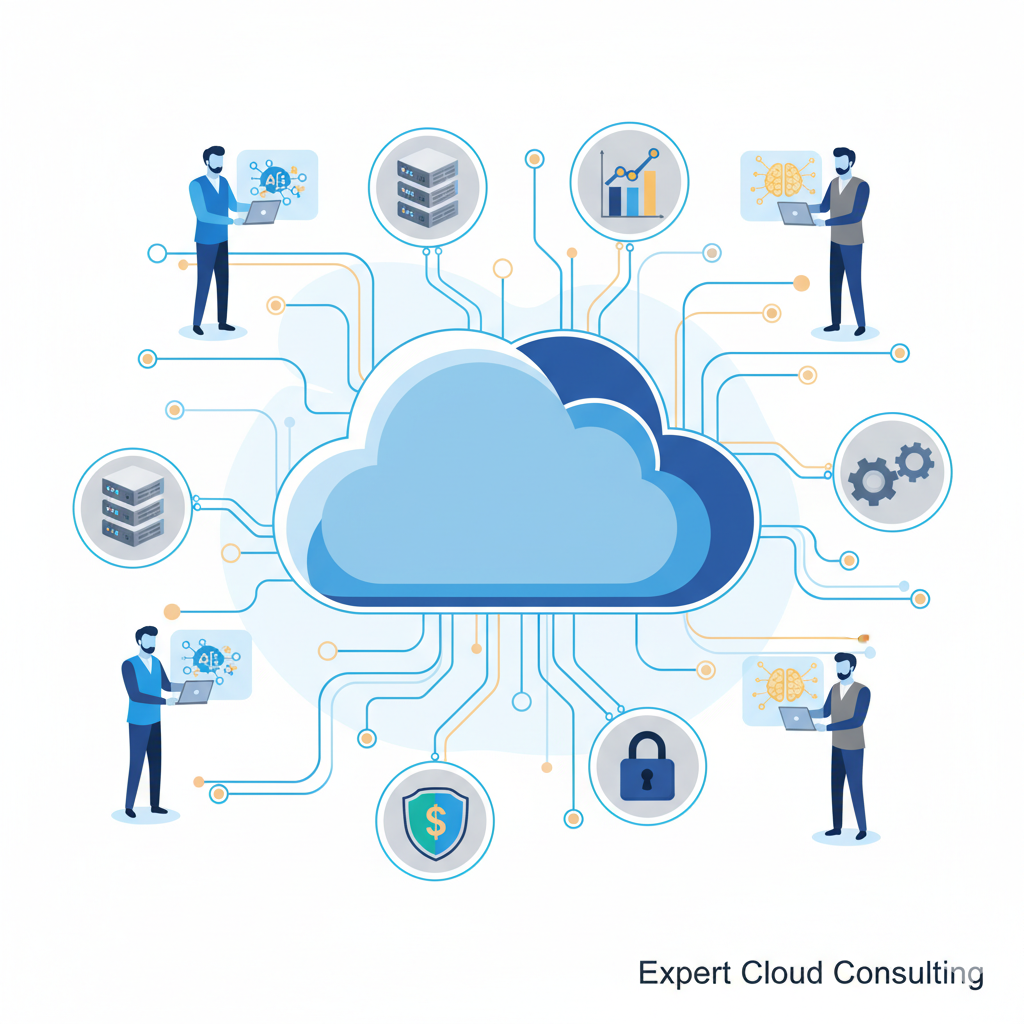Introduction:
In today's rapidly evolving digital landscape, businesses are continually seeking innovative approaches to streamline their operations, boost productivity, and deliver high-quality software products at an accelerated pace. This drive has led to the widespread adoption of DevOps—a collaborative and transformative approach that aligns development and operations teams to achieve faster and more efficient software delivery. But just how easy is it for an enterprise to adopt DevOps? Let's explore the journey and challenges, along with the rewards that await.
Understanding DevOps: DevOps is not just a set of tools or methodologies it represents a cultural shift that fosters collaboration, automation, and continuous improvement. By breaking down silos between development and operations teams, DevOps aims to achieve shorter development cycles, frequent releases,faster time-to-market, and improved customer satisfaction.
1️⃣ The Enterprise Adoption Challenge: While the benefits of DevOps are undeniable, enterprises often encounter certain challenges during the adoption process. These may include:
2️⃣ Cultural Transformation: Shifting to a DevOps mindset requires a cultural change across the entire organization. Encouraging open communication, collaboration, and a willingness to embrace change can be a significant challenge.
3️⃣ Legacy Systems and Processes: Enterprises often have complex and monolithic systems in place. Integrating these legacy systems into a DevOps environment may require significant effort and careful planning.
4️⃣ Resistance to Change: Some team members may resist adopting DevOps due to fear of job displacement or uncertainty about new processes. Overcoming resistance and gaining buy-in from all stakeholders is crucial.
5️⃣ Skill set and Training: DevOps demands a diverse skillset encompassing development, operations, automation, and cloud technologies. Enterprises need to invest in upskilling their workforce or hire new talent to bridge the skills gap.
____________________________________________________________________________________________________________
1️⃣ Security and Compliance: With the increased pace of software delivery, maintaining robust security practices and ensuring compliance can be challenging. Balancing speed and security is vital to minimize risks.
2️⃣ The Path to Successful Adoption: Although the challenges may seem daunting, successful DevOps adoption is achievable with a well-defined roadmap. Here are some key steps to facilitate the process.
3️⃣ Executive Support: Leadership buy-in and support are critical for a successful DevOps adoption. Executives should champion the initiative, set clear goals, and provide necessary resources.
4️⃣ Cross-functional Collaboration: Foster collaboration between development, operations, quality assurance, and other teams involved in the software delivery lifecycle. Encourage shared responsibilities and open channels of communication.
5️⃣ Agile and Lean Practices: Adopt agile and lean principles to enable faster feedback cycles, iterative development, and continuous improvement. Embrace practices like Scrum, Kanban, and Lean Six Sigma to optimize processes.
_____________________________________________________________________________________________________________
1️⃣ Automation and Tooling: Leverage automation tools and technologies to streamline workflows, reduce manual effort, and enhance productivity. Continuous Integration and Continuous Deployment (CI/CD) pipelines are key components of a DevOps toolchain.
2️⃣ Continuous Monitoring and Feedback: Implement robust monitoring and logging systems to gain visibility into application performance, identify bottlenecks, and enable proactive issue resolution. Leverage feedback loops to drive continuous improvement.
3️⃣ Rewards of DevOps Adoption: While the journey may have its challenges, the rewards of embracing DevOps in an enterprise are worth the effort:
4️⃣ Faster Time-to-Market: DevOps enables faster release cycles, allowing businesses to deliver new features and updates to customers more rapidly.
5️⃣ Enhanced Collaboration: Breaking down silos and promoting cross-functional collaboration leads to improved communication, knowledge sharing, and team cohesion.
____________________________________________________________________________________________________________
1️⃣ Increased Efficiency: Automation reduces manual errors and repetitive tasks, enabling teams to focus on value-added activities. Efficiency gains translate into reduced costs and optimized resource utilization.
2️⃣ Improved Quality: Continuous integration, automated testing, and rigorous monitoring result in higher-quality software with fewer defects and faster issue resolution.
3️⃣ Innovation and Agility: DevOps empowers teams to experiment, innovate, and respond to market demands quickly. It fosters a culture of continuous learning and adaptability.


